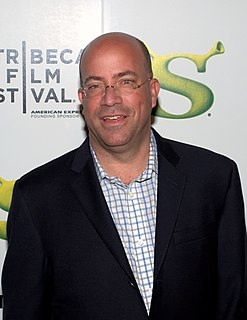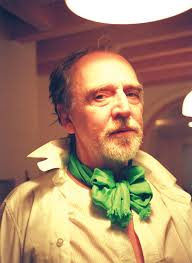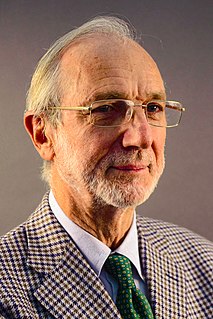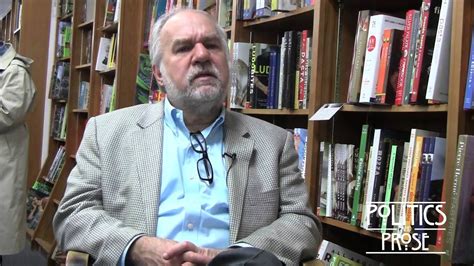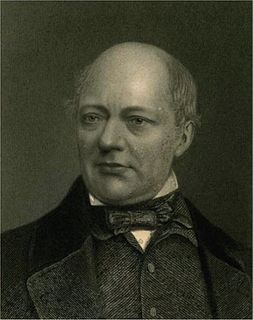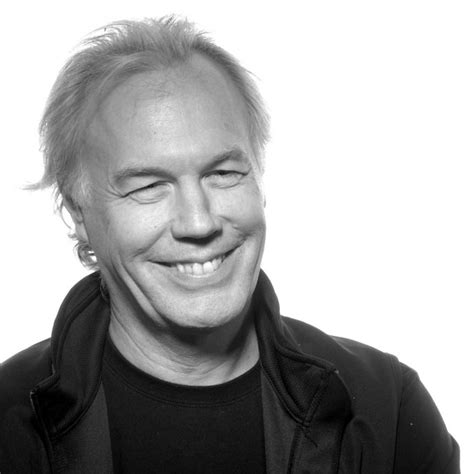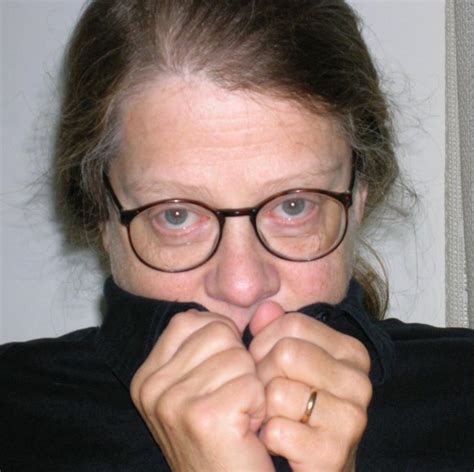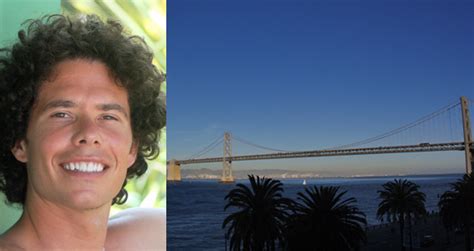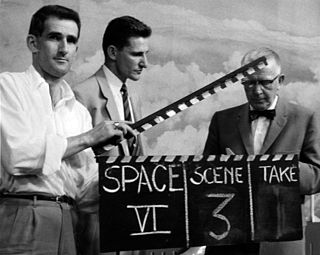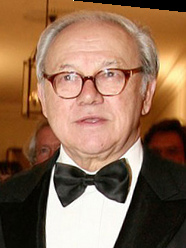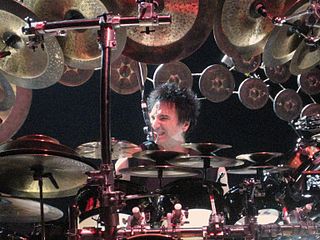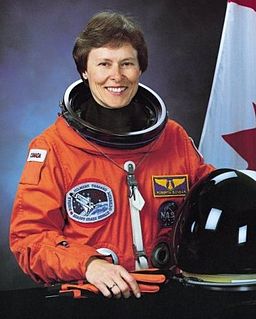Top 1200 Hubble Space Telescope Quotes & Sayings - Page 18
Explore popular Hubble Space Telescope quotes.
Last updated on April 20, 2025.
When I played in Holland, I always tried to lob the goalkeeper. People used to say, 'Oh, you're always only trying to make a nice goal'. But I said, 'Listen, if the goalie is a little bit off his line, how much space do you have on his left or right?' It's not a lot. 'And how much space do you have above him?
They walked for a while, all silent in their thoughts, until they reached the car and Alec drew a fine telescope from his shirt and handed it to Milo. "Carry this with you on your journey," he said softly, "for there is much worth noticing that often escapes the eye. Through it you can see everything from the tender moss in a sidewalk crack to the glow of the farthest star — and, most important of all, you can see things as they really are, not just as they seem to be. It's my gift to you.
We're in a time when bashing is the norm - especially on social media, where everybody's online and no one interacts face-to-face. There's a quote I found yesterday - it was hilarious: "People need to chill, like literally, we're floating in space on a giant rock we can't leave. Look at the stars or something instead of being awful." You think of floating on a rock in space as so alien, but that's exactly what we're doing.
If I want to walk out in the desert and heat up a can of beans on a fire, I still can. In those movies like Gattaca or whatever, the space age stuff is always all there is. But in the world there is never just one way of living. It's more like a big junkyard. Put it this way: I'm not afraid I'm going to end up on a space station in aluminium-foil underwear.
The basis and firm groundwork of the material, and its primary contribution, lies in the concept that consciousness itself indeed creates matter, that consciousness is not imprisoned by matter but forms it, and that consciousness is not limited or bound by time or space; time and space in your terms being necessary distortions, or adopted conditions, forming a strata for physical existence.
Bohr’s standpoint, that a space-time description is impossible, I reject a limine. Physics does not consist only of atomic research, science does not consist only of physics, and life does not consist only of science. The aim of atomic research is to fit our empirical knowledge concerning it into our other thinking. All of this other thinking, so far as it concerns the outer world, is active in space and time. If it cannot be fitted into space and time, then it fails in its whole aim and one does not know what purpose it really serves.
When I played in Holland, I always tried to lob the goalkeeper. People used to say, 'Oh, you're always only trying to make a nice goal'. But I said, 'Listen, if the goalie is a little bit off his line, how much space do you have on his left or right?' It's not a lot. 'And how much space do you have above him?'
The theory I propose may therefore be called a theory of the Electromagnetic Field because it has to do with the space in the neighbourhood of the electric or magnetic bodies, and it may be called a Dynamical Theory, because it assumes that in the space there is matter in motion, by which the observed electromagnetic phenomena are produced.
The future is about wings and wheels and new forms of space transportation, along with our deep-space ambition to set foot on another world in our solar system: Mars. I firmly believe we will establish permanence on that planet. And in reaching for that goal, we can cultivate commercial development of the moon, the asteroid belt, the Red Planet itself and beyond.
I read not so long ago about the construction of a large telescope in Chile's Atacama Desert, where rainfall can average a millimetre a year and the air is fifty times as dry as the air in Death Valley. Needless to say, skies over the Atacama are pristine. The pilgrim astronomer ventures to the earth's ravaged reaches in order to peer more keenly at other worlds, and I suppose the novelist is up to something similar.
A beginning must be made somewhere and corner by corner, department by department, space by space, all will be known and conquered. In the end, all must be explored, and whether one begins in the east or the west cannot matter much. The big concern is the extent to which a man offers himself, mind and body, to his worthwhile work. Upon that will growth depend.
Whereas I think: I’m lying here in a haystack... The tiny space I occupy is so infinitesimal in comparison with the rest of space, which I don’t occupy and which has no relation to me. And the period of time in which I’m fated to live is so insignificant beside the eternity in which I haven’t existed and won’t exist... And yet in this atom, this mathematical point, blood is circulating, a brain is working, desiring something... What chaos! What a farce!
It is going to be necessary that everything that happens in a finite volume of space and time would have to be analyzable with a finite number of logical operations. The present theory of physics is not that way, apparently. It allows space to go down into infinitesimal distances, wavelengths to get infinitely great, terms to be summed in infinite order, and so forth; and therefore, if this proposition [that physics is computer-simulatable] is right, physical law is wrong.
The computer is a tool akin to a telescope or a microscope; a tool that opens vast frontiers of possibilities and brings them to light; a tool that captures the elemental and animates or holds it still at will; a tool that captures the organic flow of the earth's crust or the wash of a wave, and creates an impossible symmetry, an elemental Rorshach pattern ripe for continued exploration, divulging a thousand revelations.
I was only in second grade when the Russian Cosmonaut Yuri Gagarin became the first man in space. The night of his launch - April 12, 1961 - I went out onto the front porch and stared up at the stars, trying to see his capsule passing overhead. Like millions of others, I was enthralled by the idea of space exploration and have been ever since.
Why did I want to be an astronaut? That's not an easy question to answer because I know a lot of kids want to be astronauts when they grow up but it stuck with me and I think just maybe growing up in Houston and always having the astronauts and the Johnson Space Center in my backyard, I was always aware of the space program.
The mighty steam-engine has its germ in the simple boiler in which the peasant prepares his food. The huge ship is but the expansion of the floating leaf freighted with its cargo of atmospheric dust; and the flying balloon is but the infant's soap-bubble lightly laden and overgrown. But the Telescope, even in its most elementary form, embodies a novel and gigantic idea, without an analogue in nature, and without a prototype in experience
Of all man’s instruments, the most wondrous, no doubt, is the book. The other instruments are extensions of his body. The microscope, the telescope, are extensions of his sight; the telephone is the extension of his voice; then we have the plow and the sword, extensions of the arm. But the book is something else altogether: the book is an extension of memory and imagination.
Triumphs against the natural order of living exact unforeseen payments. At the same time that man attempts to straighten a crooked nature, he is striving to annihilate space, which seems but another phase of the war against substance. We ignore the fact that space and matter are shock absorbers; the more we diminish them the more we reduce our privacy and security.
The brilliance here is appropriation: space, form and interface combine to create a Jetsons sound machine. A dream of music access that just hovers, its floating defines a space. The shape seems so obviously sci-fi, but fresh. The function could follow the form. The shape is beautiful and functional-which hits both of the pillars of American Needs right on the head.
This Excellent Mathematician having given us, in the Transactions of February last, an account of the cause, which induced him to think upon Reflecting Telescopes, instead of Refracting ones, hath thereupon presented the curious world with an Essay of what may be performed by such Telescopes; by which it is found, that Telescopical Tubes may be considerably shortened without prejudice to their magnifiying effect. On his invention of the catadioptrical telescope, as he communicated to the Royal Society.
I think minimalism is something I just got attracted to just in general because I like the empty space, if you think about it, like there's a lot of empty space. So there are sounds there, there are chords, like coordinates, to sort of tell you where the emotion is going, but then it leaves so much room for the voice to do other things.
When we cling to thoughts and memories, we are clinging to what cannot be grasped. When we touch these phantoms and let them go, we may discover a space, a break in the chatter, a glimpse of open sky. This is our birthright—the wisdom with which we were born, the vast unfolding display of primordial richness, primordial openness, primordial wisdom itself. When one thought has ended and another has not yet begun, we can rest in that space.
There are millions of people out there who would love to become astronauts, who'd love to go to space - they'd love to look back at this wonderful world from space. That will be the engine that will enable us then to develop spaceships to transport people around the world at tremendous speeds in an environmentally friendly way.
To walk into Bill Olsen's poems is to enter a mind so weirdly curious, you can't be released to sadness, not yet: it's just too surprising. But this book-half microscope, half telescope-shadows grief, our shared and ordinary life where an old neighbor obsessively gathers twigs to wish back the tree, where the moon is regularly ‘sawn in half,’ where sprinklers give off ‘little wet speeches.’ What else? It's brilliantly instead and odd.
But I looked out at the waves far below the bluff. They looked violent, erupting against the cliff. I watched them rising - up, up, higher, higher - then falling, crashing, swirling into chaos, passing away. I breathed deeply. I tried to breathe space between my thoughts, find the space between the anger.
If anything, when you're up in space and you're inside a space ship, which is your home, and without which you would not survive, you know that Earth is your home. This is the only place you can return. In fact we're very meticulous. Part of our job is to maintain the spaceship. If we apply the same kind of model to Earth maybe we'd have a different outlook.
The science and technology which have advanced man safely into space have brought about startling medical advances for man on earth. Out of space research have come new knowledge, techniques and instruments which have enabled some bedridden invalids to walk, the totally deaf to hear, the voiceless to talk, and, in the foreseeable future, may even make it possible for the blind to "see."
Young people today are flooded with disconnected images but lack a sympathetic instrument to analyze them as well as a historical frame of reference in which to situate them. I am reminded of an unnerving scene in Stanley Kubrick's epic film, 2001: A Space Odyssey, where an astronaut, his air hose cut by the master computer gone amok, spins helplessly off into space.
For interiors, if you have a basic sofa, you can add fun throw pillows, and cool lighting to make the space more interesting. In fashion, you make a little black dress really amazing with jewelry, shoes and an incredible bag. If you have those clean, basic, pieces you can really mix things up with the accessories and make the space, or the outfit, uniquely your own.
Culture is not created by command. It creates itself, arising spontaneously from the necessities of men and their social cooperative activity. No ruler could ever command men to fashion the first tools, first use fire, invent the telescope and the steam engine, or compose the Iliad. Cultural values do not arise by direction of higher authorities. They cannot be compelled by dictates nor called into life by the resolution of legislative assemblies.
As you begin to create more destinations, that will naturally create a stronger economic pipeline for space. And just as we have been the leader of commercial air travel for the first century, as we look to the second century of aviation, I would expect Boeing to be the leader in both air and space travel.
I wasn't frightened going to outer space. I'd been living this in my head for many, many years, so I sort of had played all of these scenarios of flying into space and seeing earth. I think I was very prepared for it. It was almost a completely joyful, very happy, very exciting experience, and I didn't have time or any desire to think about what things could go wrong.
One of the most memorable moments was when I first saw earth because I had seen many pictures, many videos of earth from space, and being able to see that with my own eyes had a completely different effect, and sort of almost sensing life emanating from our planet in the dark background of the space, it was a really memorable experience.
You have to study composition to understand that things can be done backwards and forwards and upside down, inverted, but it's mainly just an inner valid intuitive thing. Where do you want to go? Ok this is busy, or this needs some space, or this is too much space so now I want to put more notes in there or something. It's all about contrast. High, low. Fast, slow, thick or thin or what have you. And it's the same with improvisation.
Going to space was a moment that people think was my Mount Everest, but it's not. I have so many Mount Everests. This just happens to be one of them. It has changed the way I approach things. I realize it's not about me; it's about what I did and about the person we had as a Canadian woman in space. I look at pictures of myself and say, 'That's the woman who did it'.
For queer people, the personal is very political, just to talk about it in a public space. It's very political just to come out and take up that space and be like, 'This is my narrative. It's not an outsider narrative, and it's not a fetish narrative; it's just my story, and it's worth being told and listened to.'
The way I play, it's very much more a mental game than a physical game. I'm looking for space and where are players leaving space. Defensively, where are we at numerical disadvantages? Do I shift more to the left because they have more players on their right side? It's about reading the game before the game happens.
Once you know the reason why - you've defined your white space of canvas on which you can paint and create a new concept idea. No matter how creative you are - and thus how much creative space you need - there's always some fundamental values and drivers your brand should seek to address - in order to become successful.
It is that kind of space, that little space of longing, whether it is in something like romantic love, or whether it's in something like divine love. You know, that kind of search for something that's not quite in your grasp. It's a very powerful place to explore as an artist, because it's not necessarily sad.








